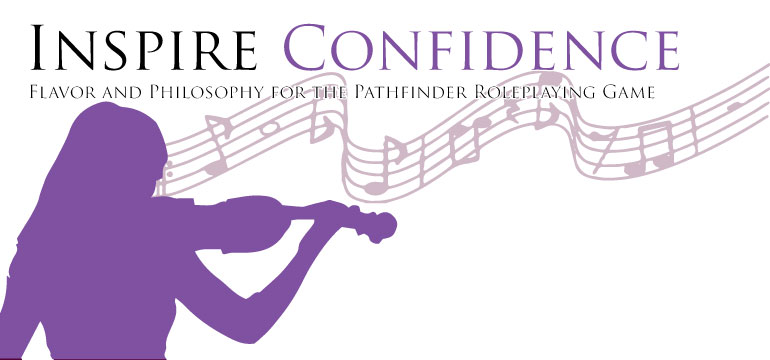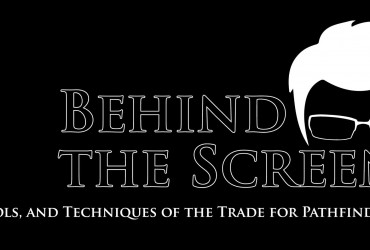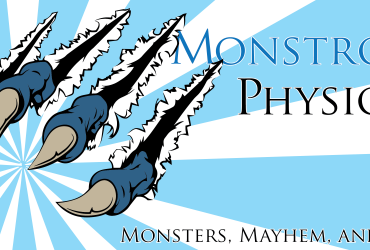Earlier this week I discovered that my RPG Superstar adventure has been in print 2 years. I spent that anniversary in Chicago with 18 orchestra teenagers, including my own 15 year old daughter. It was a whirlwind 36 hours of walking through downtown Chicago, getting a bird’s eye view of the city, seeing famous art at the Art Institute, and finishing up in the CIBC Theater watching Hamilton. All the while I watched my daughter slump her shoulders and wander by herself, surrounded by her enthusiastic peers, who chatted animatedly and routinely broke out into song, it was like being in a Disney movie.
I tried to help my daughter engage with the others, they had things in common – they were in orchestra, they attended the same high school, they will spend the next few years together practicing and performing – these were people that could be her friends for years to come. It made me sad to hear her tell me that she didn’t know what to say and felt like they didn’t notice her. I saw her stand off by herself and when she was with them, she didn’t make eye contact or laugh when the others laughed. I was so excited when one of the groups invited her to sit with them at dinner, because I know she’s a smart, kind, fun person and I was waiting for everyone, including my daughter, to realize that too.
When I got home I was searching through Youtube for some information for an upcoming project and I tripped over one in which the vlogger was trying to talk about how we can’t perform at the same standards as professionals in our hobby fields or other areas of interest. He was trying to say that it was okay that not everyone can perform at a professional level, but he clearly had some personal baggage in the mix and it made me hurt a little to see him frustrated and hurting inside because he wanted to be something that he felt he wasn’t.
Then I realized how many of us are wishing we could be the cool kids? I’m here to tell you that chances are you are already awesome.
What is impostor syndrome?
There are many books and articles out there that go into greater depth on impostor syndrome than I am qualified to write about – the term was first coined in 1978 by clinical psychologists Pauline R. Clance and Suzanne A. Imes, their work was specifically focused on successful women, but it is now clear that impostor syndrome knows no limits to who it affects. Impostor syndrome is the inability to internalize one’s achievements, feelings of inadequacy, and believing you will be discovered to be a fraud who is undeserving of your accomplishments. Frequently impostor syndrome strikes those who are perfectionists (do you rework and rework something and still think of things you could change?) or overworkers (do you overthink every little thing?) and can cause self-induced failure, procrastination, fear of failure, and generally it can stand in the way of doing something you’re likely really good at doing and prevent you from feeling good about doing.
How to overcome impostor syndrome
I’m going to confess here that I feel weird and unqualified to write about this subject. I suffer from impostor syndrome every day. Every time I sit down to write this blog I wonder what in the world Know Direction was thinking when they brought me on, because what on earth do I know about anything. There, now you know but I’m still going to write this because I owe it to my daughter, she asked me how I make being social look so easy. This is how I social butterfly and other things that feel really hard to do.
- Smile and make eye contact – this is really hard, because eye contact feels very intimate to me (and others) but it helps to make connections with people. Vision is incredibly important – approximately 30 percent of your cerebral cortex is dedicated to this sense and research indicates that we have a specialized neurons that allow us to track the whites of the eyes of others so we know we’re being watched (which can also be a little creepy). It’s an art to make eye contact but not stare, to smile occasionally to signal you’re open enough for a person to know you are engaged with them. This is not to say “I bet you look pretty when you smile” because that’s not what I’m saying, but it is worth noting that babies respond positively to smiles and eye contact and with all due respect and love to you all, we’re just grown up babies, right?

Sadly not my cat, I have no photos of my cat, Balin, sitting in a window. This is someone else’s cat. This is also the internet, where all the best photos of cats live.
- Fake it till you make it – I hate this saying but I do it anyway. I think of this as the “principle of the cat”. Sometimes you find yourself in a situation and you just don’t know what to do, so do something and just act like that’s what you meant to do. I remember the time my cat fell off of the window sill, he was just looking out the window minding his own business, and then he was on the floor. We were both surprised by this sudden turn of events. He stood up and just walked out of the room, like that was how he left the window sill every other time. We both knew it wasn’t the case, but he was so cool about it that we never mentioned it again. Be like my cat, be cool, whatever you just did went exactly as you planned it. Maybe one day you’ll even laugh about it if it wasn’t.
- Keep a list of the great things you do – This blog has helped me a lot, I write down things here that I’ve never put in writing before. I come back to old articles or even my gaming material to reread them for reassurance that I am actually articulate and have clever or creative ideas. When I really question myself, I pull out my turn over drafts and compare it to the published pieces and find that most of what I wrote was good enough to print. Every time I run one of my published adventures I remind myself that the words that everyone reads aloud were the words I wanted them to tell their players. You have something somewhere that you did that was great, write it down and keep adding to that list. Keep a list of achievements, but never let it stagnate, keeps creating.
- Find a partner – statistically we are all likely to suffer from impostor syndrome at some point in time. Find someone that you trust to talk with about your self-doubt. When that person comes to you, you need to be ready to remind them of the great things they do and the goal is you’ve found someone who will give you the same cheerleader support. Surround yourself with people that you are striving to be like and rise to their level.
- Remember you’re doing the thing – chances are if you’re having impostor syndrome it’s because you’re actually doing the thing you want to be doing. GO YOU! It’s that momentary awareness that you’re in the moment and you’re surprised to find yourself doing it. Live in that moment, don’t undermine yourself by overthinking it, thrive in what you’re doing and try to have fun doing it.
We are all here living the human experience, I have found that it is easier if I remember that everyone else is pretty much just like me. I don’t imagine people in their underwear, but I do know that a lot of them have anxiety dreams about forgetting their pants, that no person can speak perfectly every time they open their mouth, that we all make mistakes and that it is the grace with which we recover from those mistakes that sets us apart from the jerks of the world. Try to be as gracious, forgiving, and loving to yourself as you are to other people, because you are just another person you know and don’t you deserve to be treated as well as you treat those other people? You aren’t a fake, you’re an original you, be the best you you can be.







